Next Tory leader: Who could replace Theresa May as prime minister?
- Prime minister is set step down over the coming days - and there is a hosts of familiar faces vying to succeed her
Your support helps us to tell the story
From reproductive rights to climate change to Big Tech, The Independent is on the ground when the story is developing. Whether it's investigating the financials of Elon Musk's pro-Trump PAC or producing our latest documentary, 'The A Word', which shines a light on the American women fighting for reproductive rights, we know how important it is to parse out the facts from the messaging.
At such a critical moment in US history, we need reporters on the ground. Your donation allows us to keep sending journalists to speak to both sides of the story.
The Independent is trusted by Americans across the entire political spectrum. And unlike many other quality news outlets, we choose not to lock Americans out of our reporting and analysis with paywalls. We believe quality journalism should be available to everyone, paid for by those who can afford it.
Your support makes all the difference.Theresa May is facing mounting pressure to resign after Commons leader Andrea Leadsom quit the cabinet over the prime minister’s Brexit plan.
Ms Leadsom resigned with a “heavy heart” on the eve of the European elections, saying she no longer believed the government’s approach would deliver the referendum result the people voted for.
The prime minister continued to cling on to power on Wednesday after Sir Graham Brady, the chairman of the 1922 Committee, failed to agree a rule change which would allow a fresh bid to topple her.
Following the failed bid to oust her in 2018, Ms May would be safe from another confidence motion until December under the existing rules.
She is expected to meet Sir Graham on Friday – the day after the EU elections, which are expected to be disastrous for the Conservatives.
The leadership race looks likely to be a crowded field, with former foreign secretary Boris Johnson the bookmakers’ favourite.
His closest rivals on the Eurosceptic wing of the party are former Brexit secretary Dominic Raab and environment secretary Michael Gove, who scuppered Mr Johnson’s leadership bid in 2016.
Senior ministers are refusing to confirm whether they will stand until after Ms May announces her departure date, but international development secretary Rory Stewart has confirmed his ambitions for the top job.
Foreign secretary Jeremy Hunt, home secretary Sajid Javid, health secretary Matt Hancock, treasury chief secretary Liz Truss and former Commons leader Andrea Leadsom are all thought to be considering a run at the leadership.
Here are May’s most likely successors:
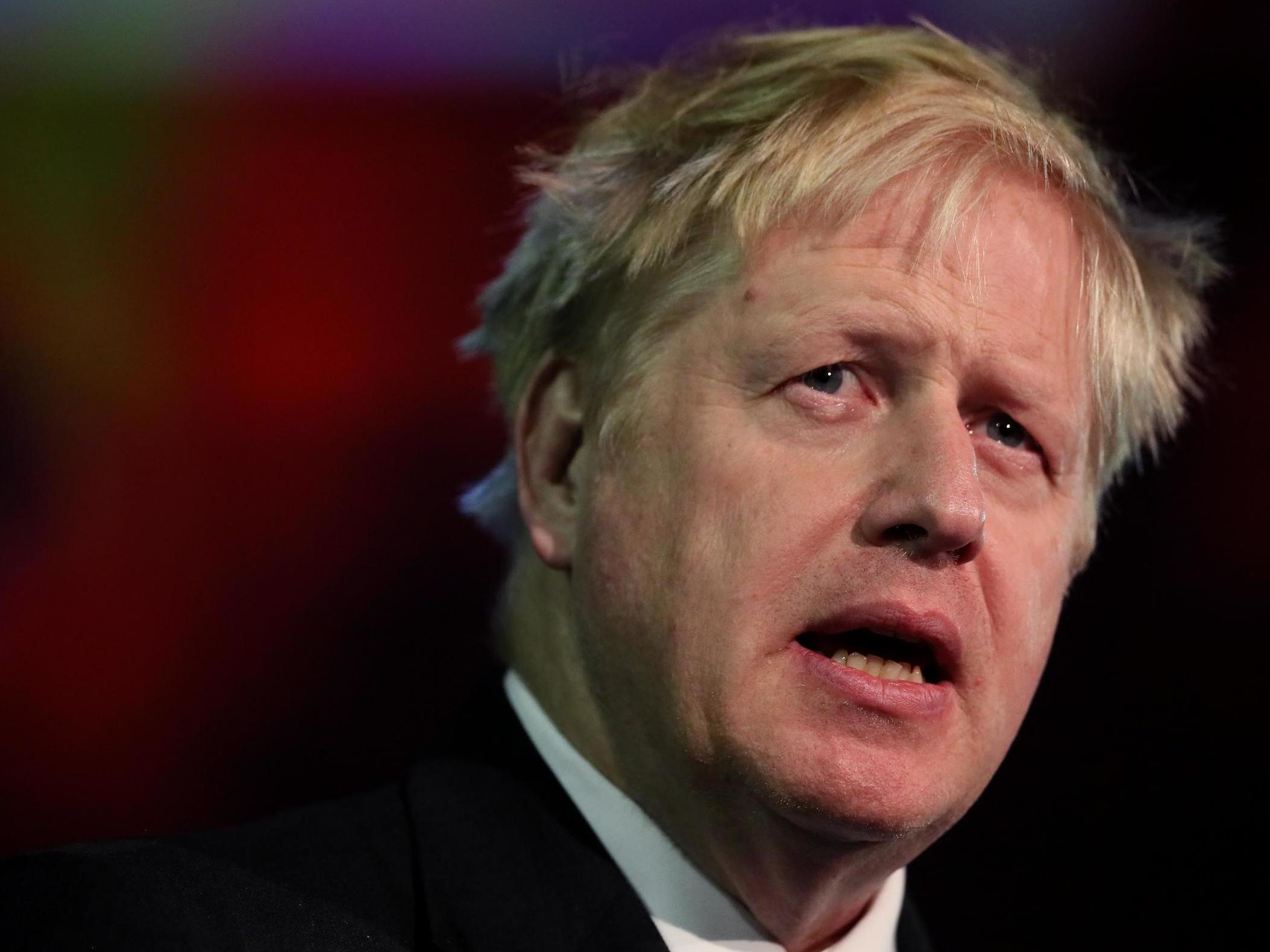
Boris Johnson, former foreign secretary
Resigned from the cabinet over May’s Chequers plan last July. Has argued that a no-deal exit would reflect the result of the 2016 referendum. The former mayor of London was once seen as the “Heineken candidate” capable of reaching voters other Tories could not. But his star has waned among Tory MPs left unimpressed by his two years as foreign secretary.
His popularity among Tory activists would give him a strong chance of winning if he made the final shortlist, but he might be blocked by a determined “stop Boris” campaign already being planned by his critics. If successful, the move would anger many Tory activists.
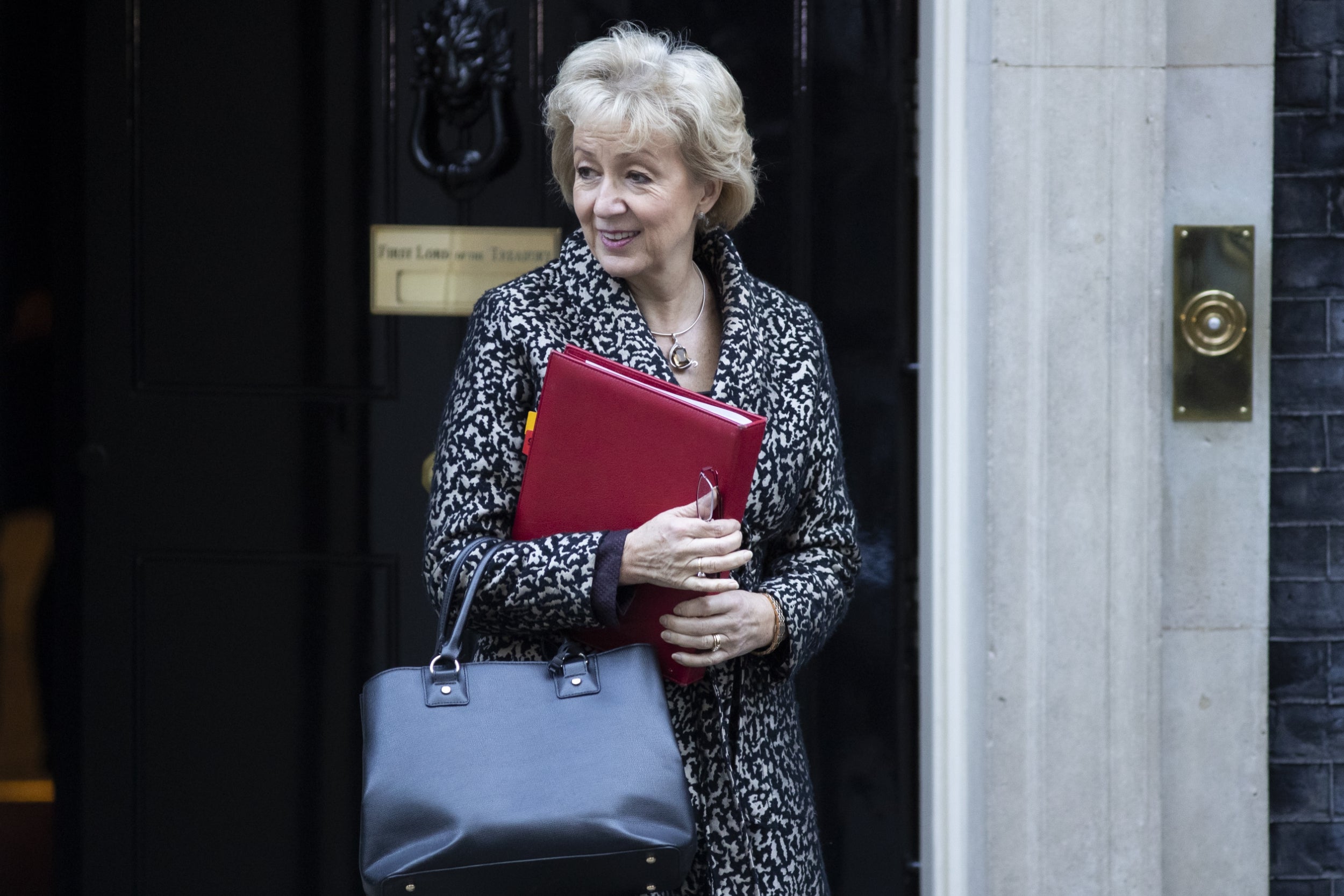
Andrea Leadsom, former Commons leader
Resigned from the cabinet on the eve of the European elections, saying she no longer believed the government’s approach would deliver the Brexit referendum result the people voted for.
She showed her inexperience in the 2016 leadership election, withdrawing to leave May as the last candidate standing after making comments appearing to suggest she would make a better leader because she had children.
The former Commons leader has strong support among Brexiteers.
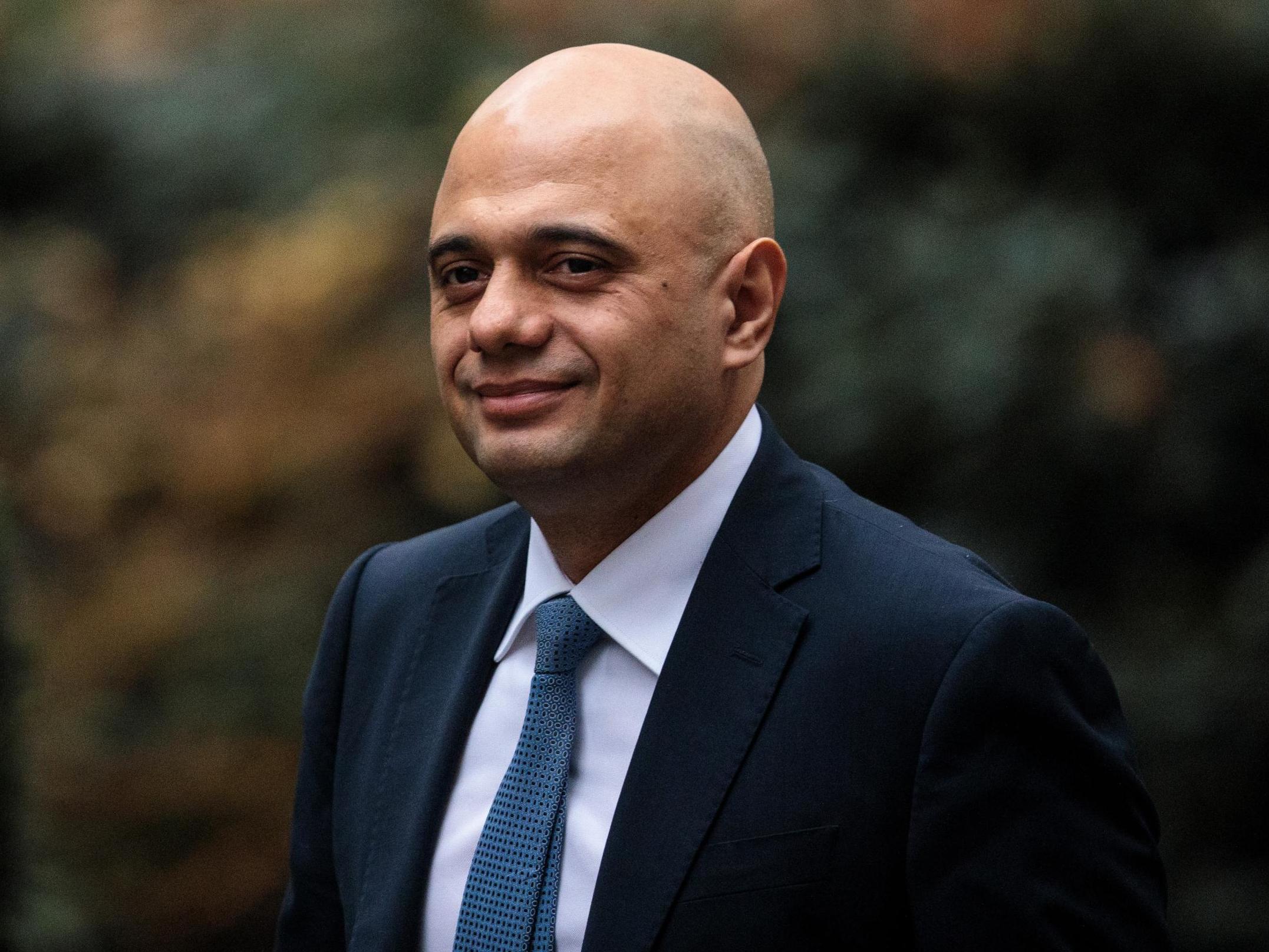
Sajid Javid, home secretary
Backed Remain in 2016 referendum despite his Eurosceptic instincts. Now a keen Brexiteer, and prepared to keep a no-deal exit on the table. Has consistently challenged May in cabinet meetings.
Ambitious and has a brilliant backstory as the son of Pakistani bus driver who came to the UK with £1 in his pocket. But appears to be suffering from the curse of being one of the frontrunners in the Tory race. His stock has fallen recently after what some MPs see as unforced errors such as his handling of migrants crossing the English channel and his decision to strip Isis schoolgirl Shamima Begum of her UK citizenship.

Jeremy Hunt, foreign secretary
Remainer who briefly supported a Final Say referendum on the Brexit deal after the 2016 vote. Now rejects the idea, and is seen as a born-again Brexiteer who also wants to keep a no-deal departure on the table.
His pitch would be as the candidate who could unite the Tories’ warring factions. Tory members might judge him too much of a Remainer. Critics worry that his long stint as health secretary could return to haunt him at a general election. Could benefit from a slide in Javid’s fortunes, but will not want to overtake him to become the frontrunner.
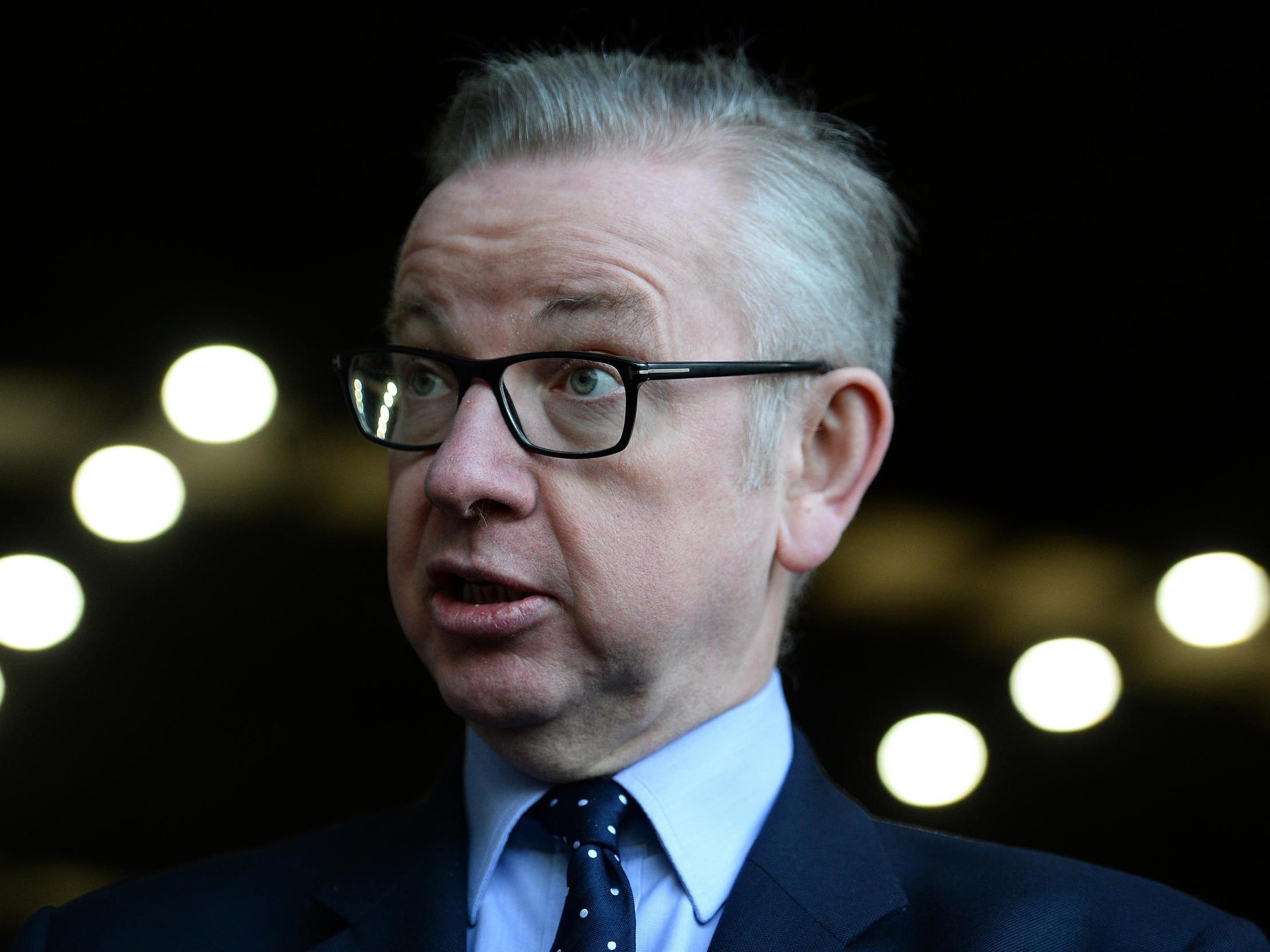
Michael Gove, environment secretary
Along with Johnson, headed the victorious Vote Leave campaign in the 2016 referendum. Even his critics admit he is one of the few successful departmental ministers since his surprise return to May’s cabinet in 2017, a year after she sacked him.
Has been a loyal and articulate promoter of the withdrawal agreement. Critics see this as in part an attempt to shed his reputation as an assassin who turned on Johnson to run for the leadership in 2016.
Gove’s refusal to join other Brexiteers in resigning from the cabinet might count against him among Eurosceptics. However, many of them are now coming round to his strategy of getting the deal “over the line” to save Brexit.
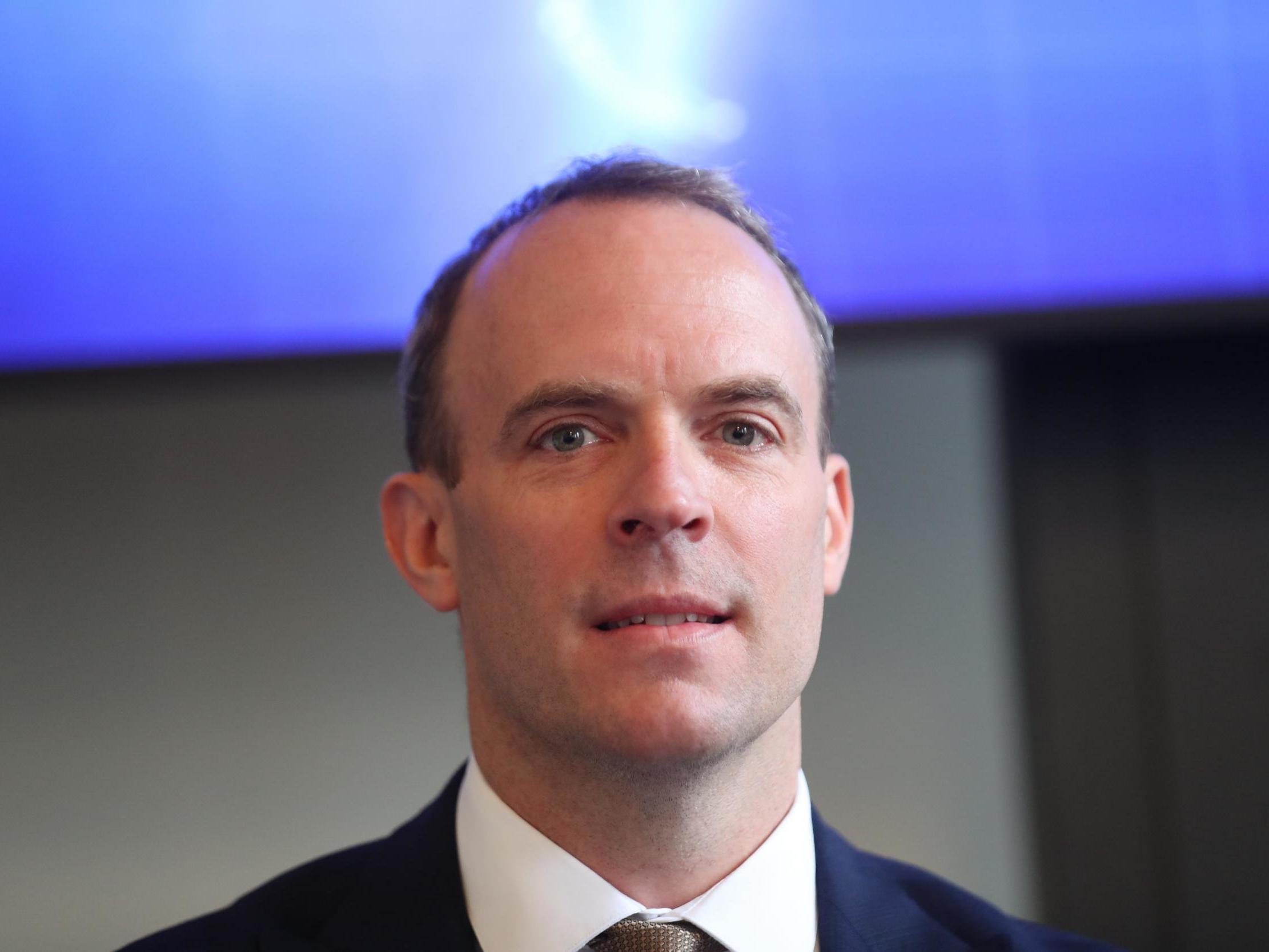
Dominic Raab, former Brexit secretary
Eurosceptic former chief of staff to David Davis, and followed his path by becoming and then resigning as Brexit secretary, complaining he was kept out of the loop by May and her civil service negotiator Olly Robbins. Displayed a grip on the detail while in the job, and impressed May allies in the 2016 referendum when he campaigned for Leave. But did not impress Brussels officials.
A fresh face, although his relative lack of cabinet experience could count against him. But a dark horse to watch in a leadership race. Has a big decision to make: will he back May’s deal if Johnson does, or decide to have clean hands and oppose it to the end, and potentially be on the losing side?
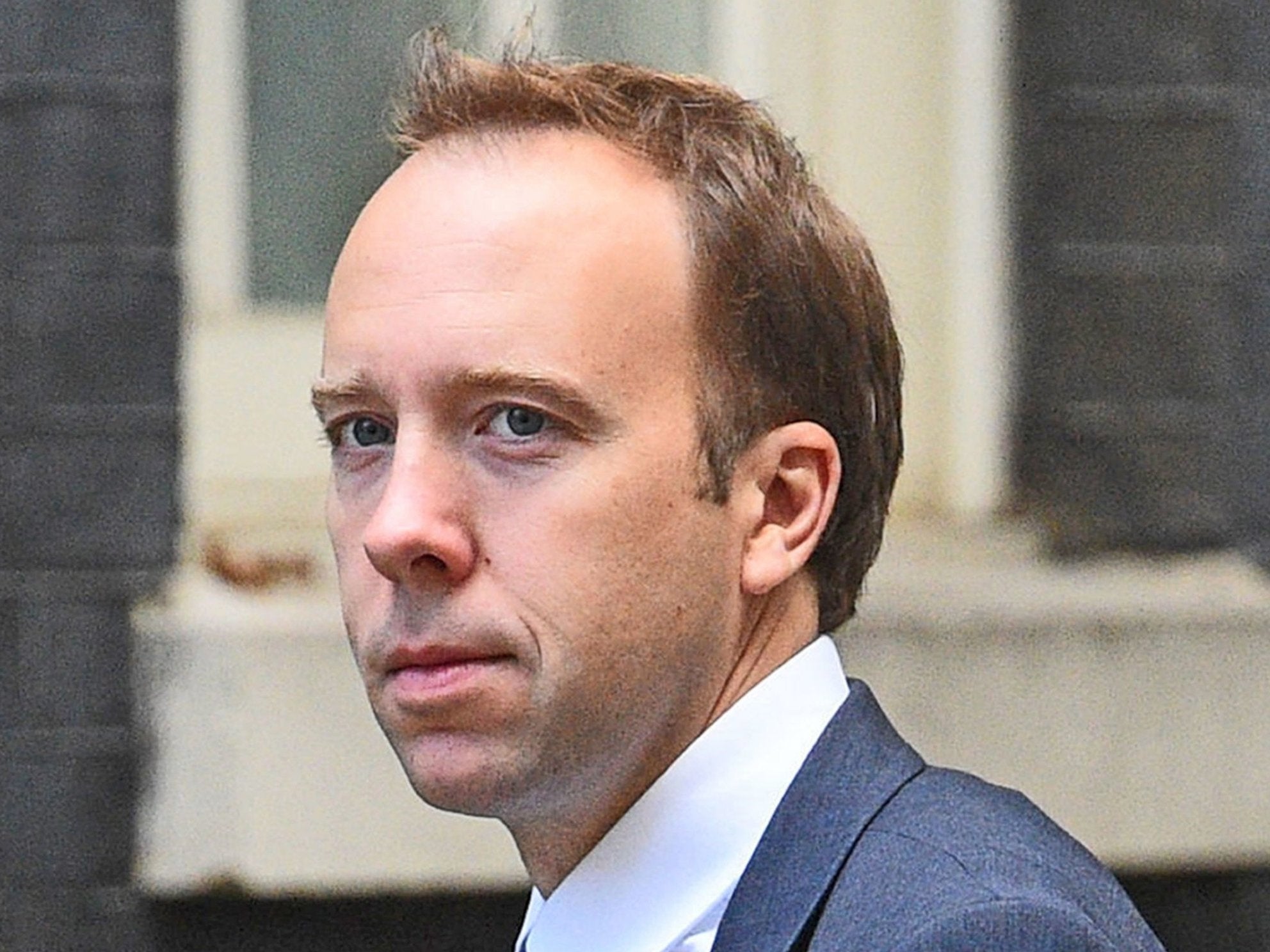
Matt Hancock, health secretary
A new entrant in the leadership race and, at 40, could be the youngest candidate. A rare breed in the May government as a survivor of David Cameron’s regime: before becoming an MP in 2010, he was chief of staff to George Osborne. Impressed as culture secretary, as one of the few UK politicians to understand the digital era and power of the internet giants. Has also shown grip in a testing job since his promotion to health and social care secretary.
Smooth media performer who does not lack ambition. Described by some MPs as “a better version of Jeremy Hunt”, he is Remainer-turned-Leaver who could unite his fractious party. Has gone into bat for May’s deal when others kept their head down. Could be part of a “stop Boris” drive in which Johnson’s rivals try to share out MPs’ votes to keep him off the shortlist. Seen by some Tories as the leader after next.

Join our commenting forum
Join thought-provoking conversations, follow other Independent readers and see their replies
Comments